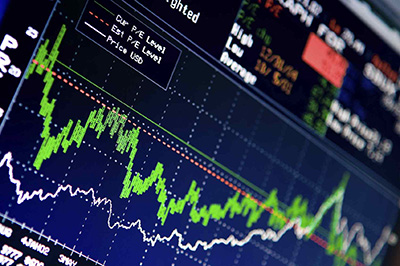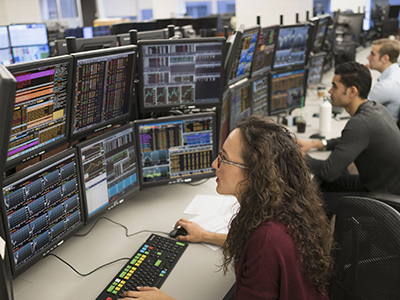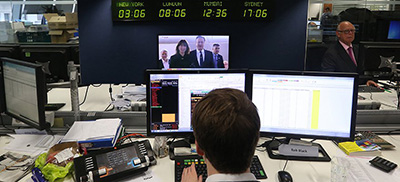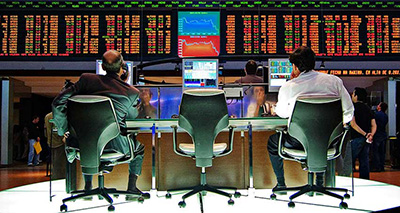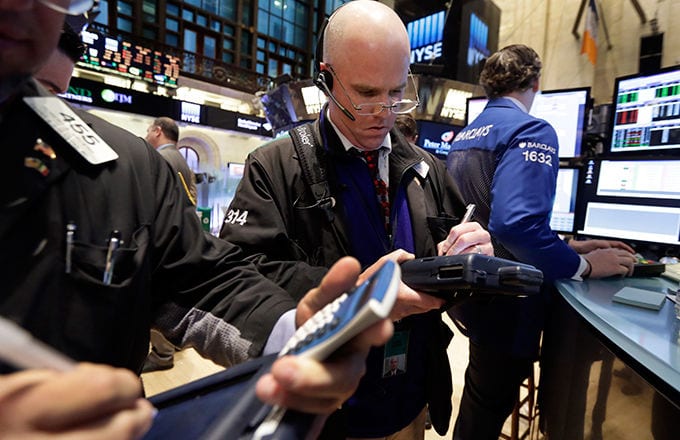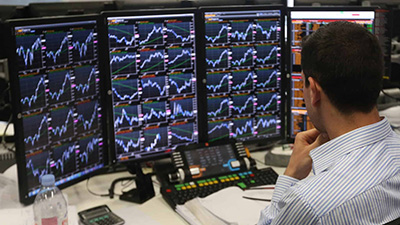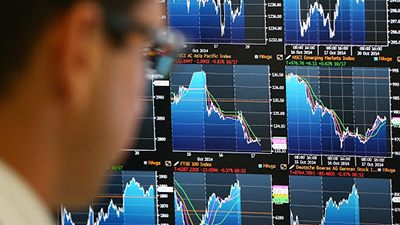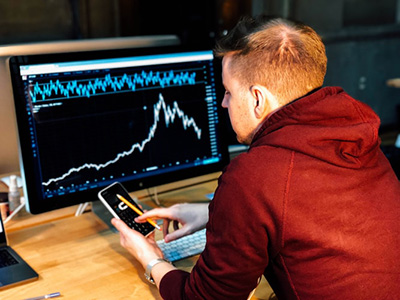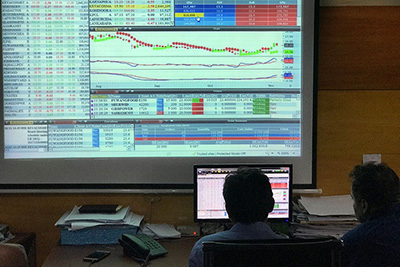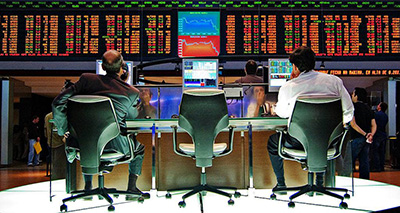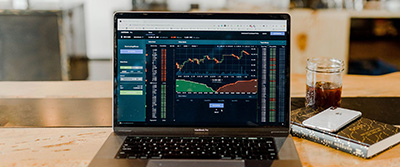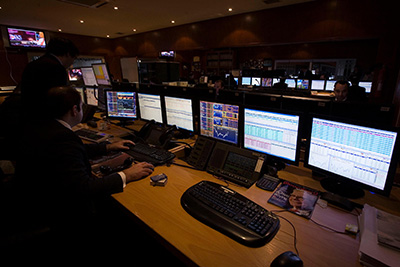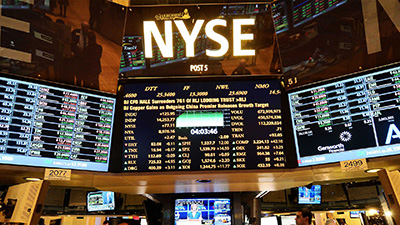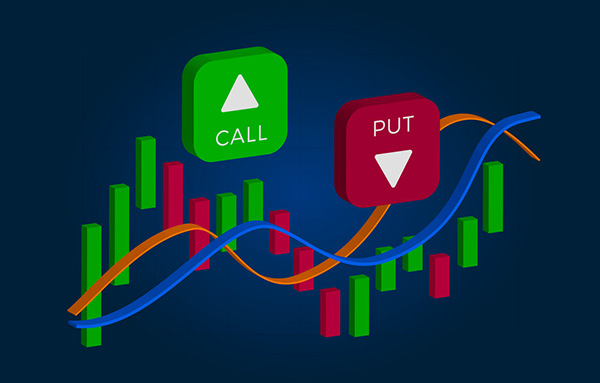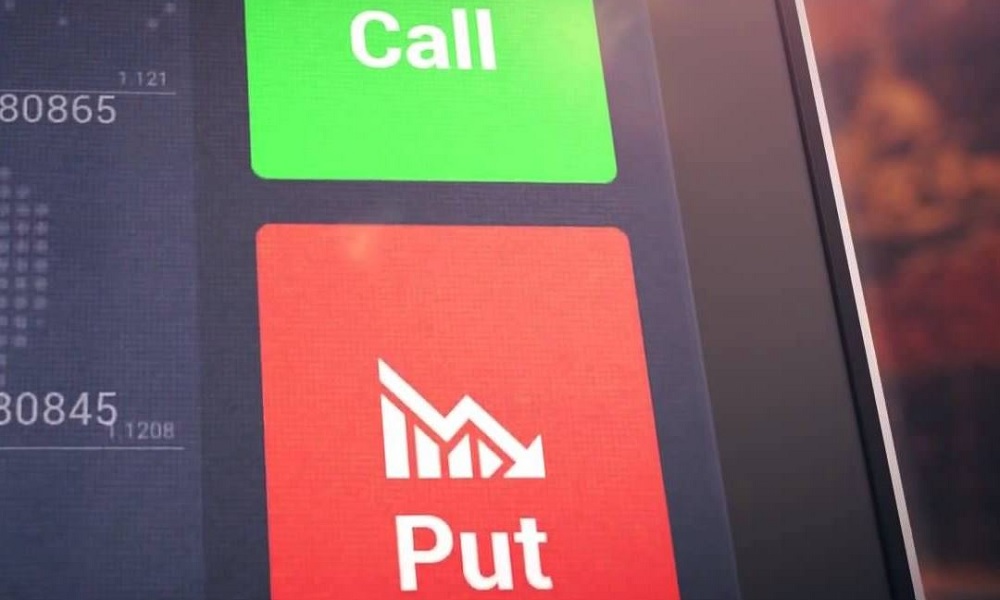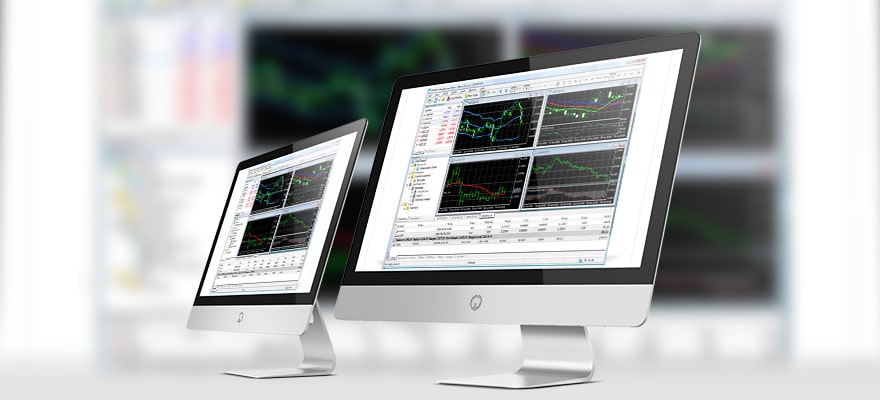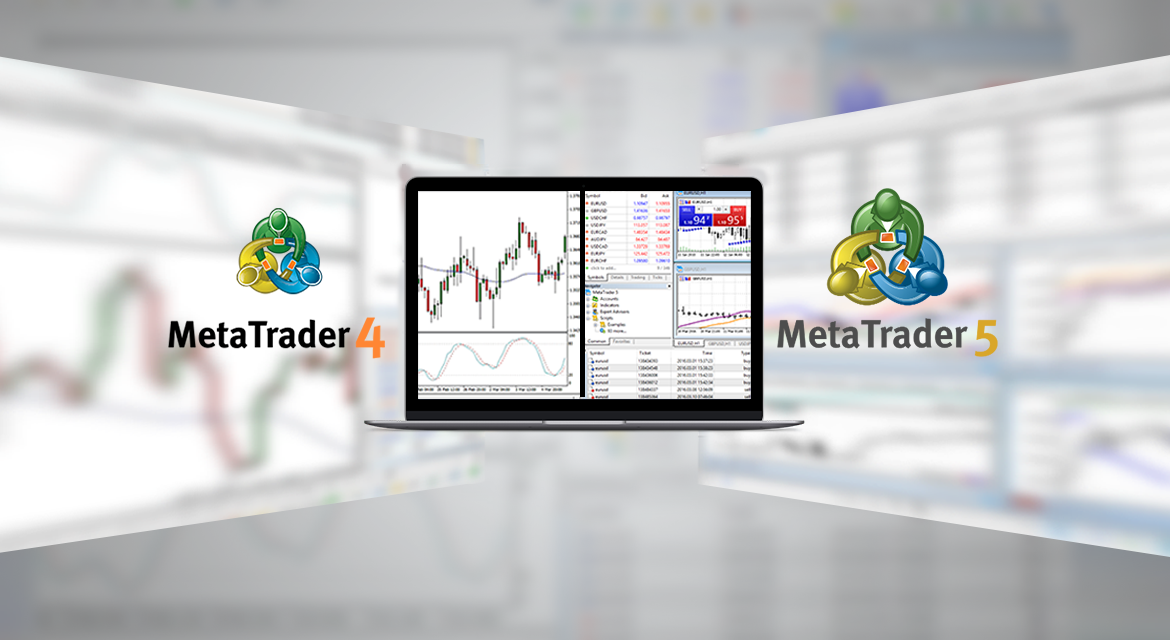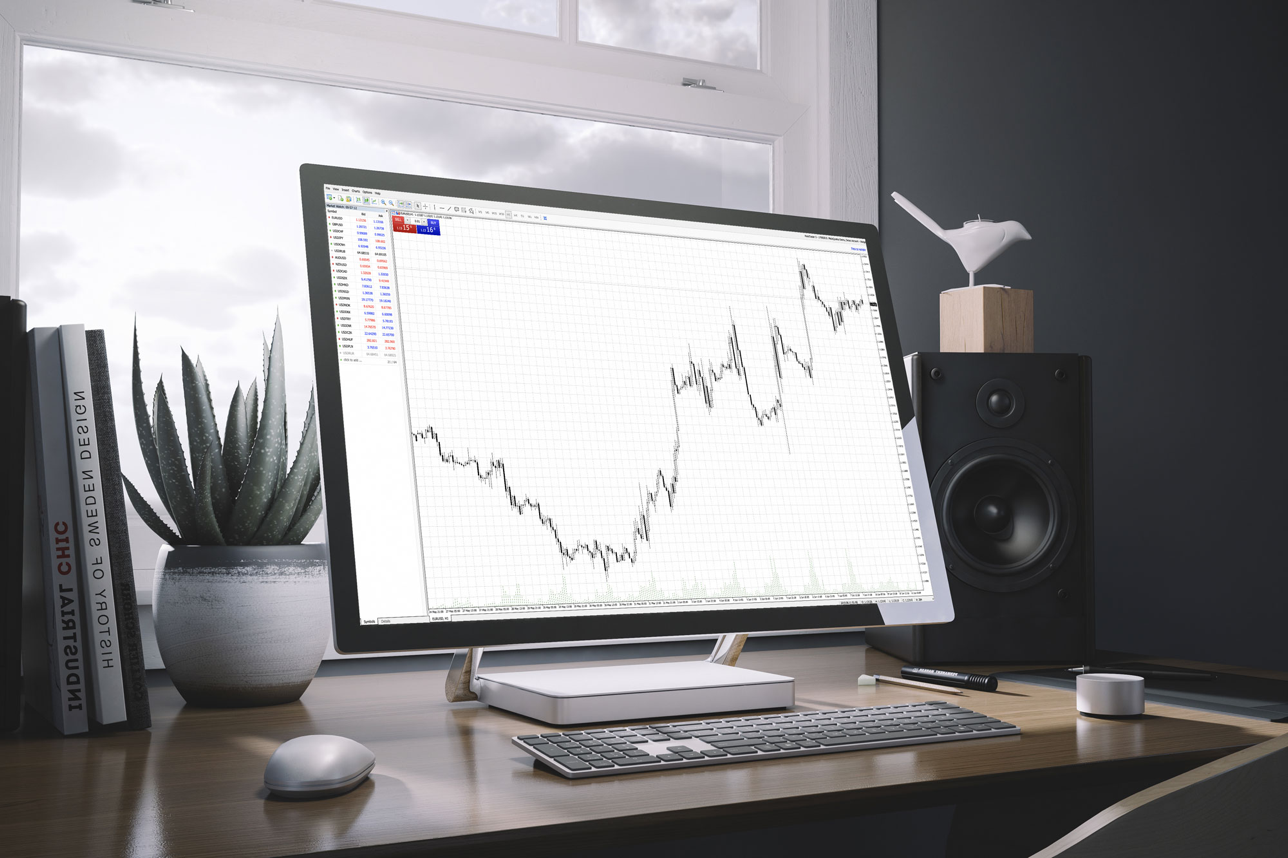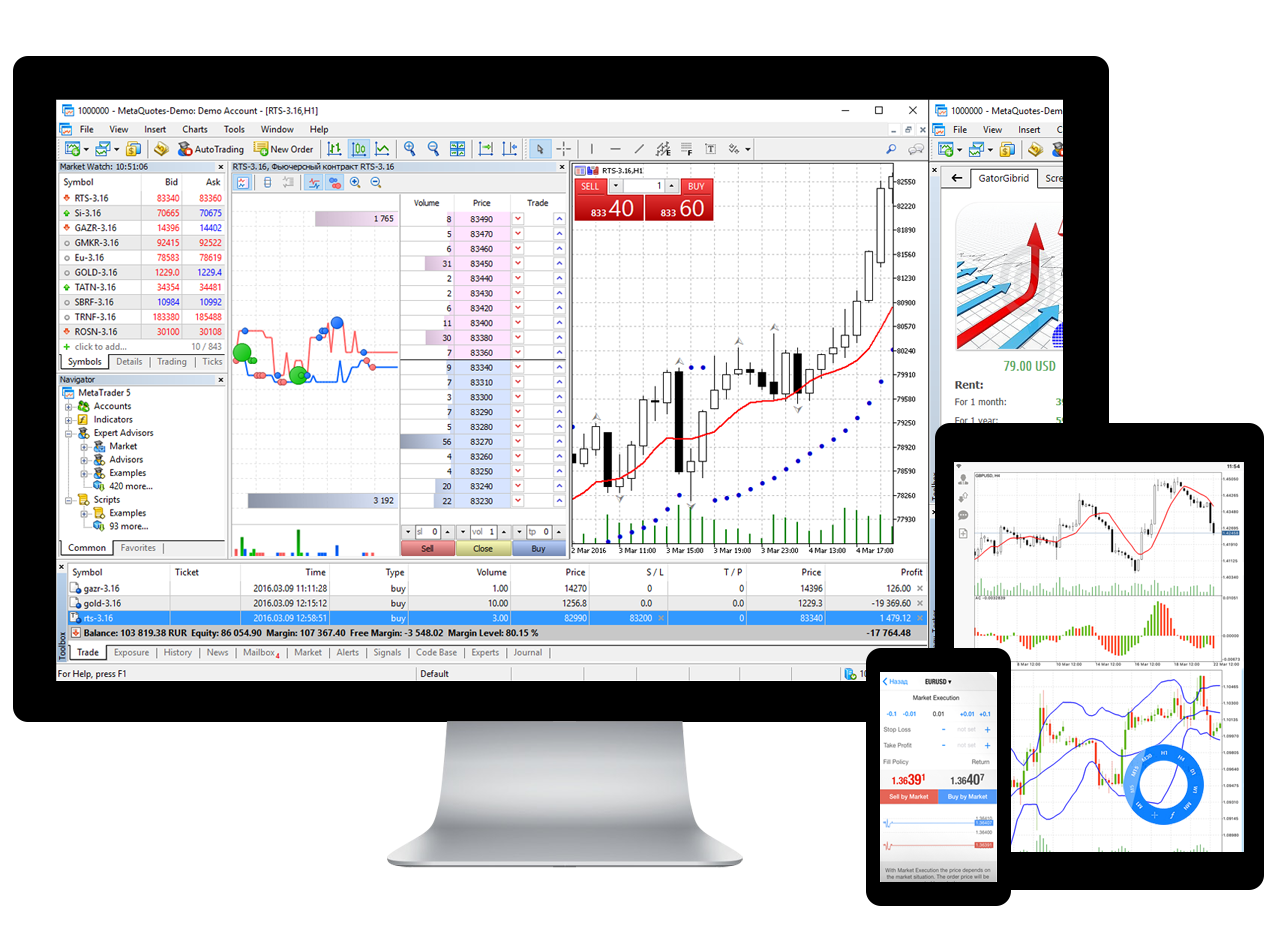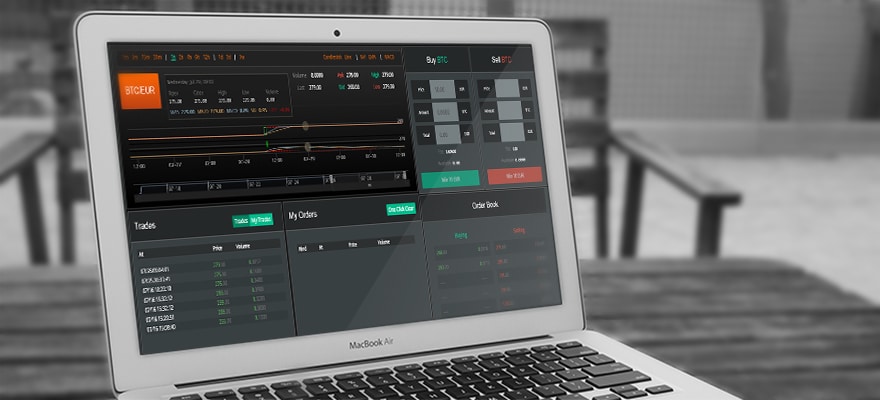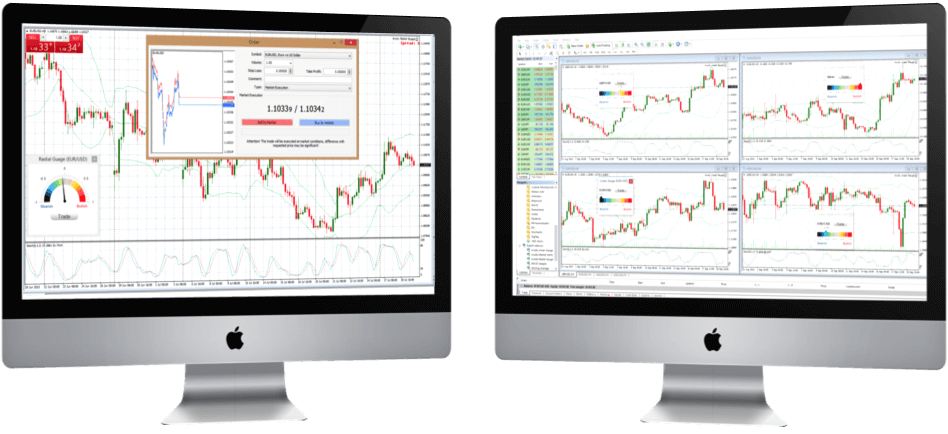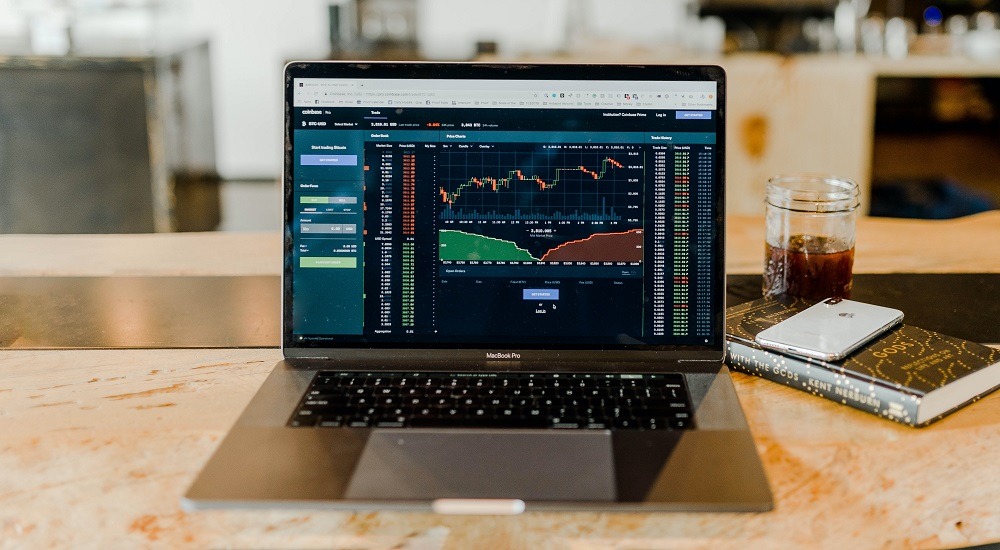
Trader VS Broker: who earns more?
Many of us watched the movie “The Wolf from Wall Street”, which shows the wonderful life of a wealthy broker who could spend money as he pleased without thinking about tomorrow.
And do not confuse the hero Leonardo DiCaprio with the trader. These are people of different worlds.
Today I will help you understand the intricacies of these professions.
BROKER
A broker is an intermediary between the exchange itself and a client who wants to buy any shares. Brokerage is always licensed (WhiteLabelsFX will provide you with a license for free). A company that receives a brokerage license becomes a “professional participant in the securities market.”
Why do we need a broker if we want to buy “GOOGLE” shares, for example? The thing is that individuals cannot buy or sell securities on the exchange, following international law, so we have to ask for help from a broker who is happy to provide us with this service.
What does the broker earn:
1. Brokerage commission. When buying or selling securities you pay a certain% or a fixed amount for these operations, but there are no commissions at WhiteLabelsFX!
2. Consulting services. If you have little experience and want to use the help of professional managers, then the broker will provide you such a service for a fee;
3. Margin trading. The so-called “shoulder”. Suppose you have 100,000 rubles, and you want to buy securities for 200,000 rubles, then you take 100,000 rubles on credit and pay a certain% to the broker for using money;
4. Training. Very often brokerage companies conduct training for their clients, thanks to which you can see much more clearly the “picture” of the market as a whole and understand its mechanisms.
What does the broker risk:
– his reputation;
– Your license;
– The broker practically does not risk his money. Surprisingly, even when a broker gives you the opportunity to buy on the shoulder, that is, giving you a loan, he does not risk it, since the collateral for the loan is your own money.
In any case, a brokerage company is not a bank, so it is much more difficult for it to go bankrupt. The broker does not give money (with the exception of “leverage”) as in a bank, but takes it and places it on his accounts, so if a client loses money on the exchange, the broker does not lose anything.
But, the broker is also interested in ensuring that the client does not lose, namely, earns money. Being a commission agent, it is very important for a broker that you have account turns. You earn – the broker earns!
TRADER
This is a person who aims to profit from financial markets by means of forecasting the price of stocks.
Any person can become a trader, but units become earning traders. It’s like in sports, doing boxing, you are already a boxer.
The profession of a trader is very complex. You work while the market is working, and when the market is asleep, you are preparing to open it. The work is very exhausting psychologically and physically, so you need to think 100 times before choosing such a profession for yourself.
Where do traders work:
– In brokerage companies;
– In management companies;
– In banks;
– In investment funds;
– In hedge funds;
– In mutual investment funds, etc.
While the risk of the trader is directly proportional to the place in which he works.
If a trader works in a bank and trades in currency, then he is not risking his money. Even with a loss, he will lose his bonus, but not all of his income. But if you work in a hedge fund, then your income is proportional to the income from the account that is under your control. If the hedge fund trader did not make money this year for the client and the company, then he himself is left without money. On the other hand, if a trader has earned several hundred million, then for several years of work he can safely retire.





